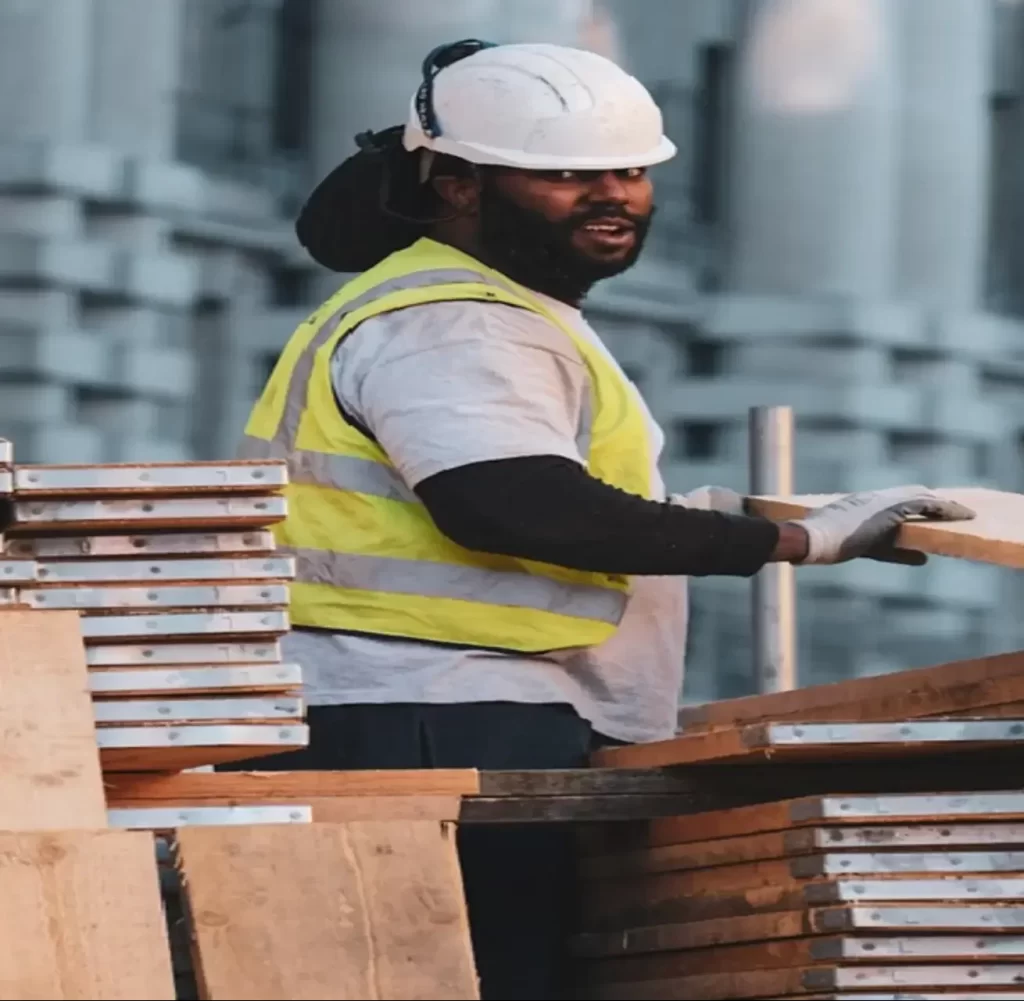Apprenticeship for drywall professionals is an effective option for people to acquire the knowledge and expertise required to work in the drywall industry. Drywall is the most typical material for interior ceilings and walls in residential and commercial structures. Drywall experts, also called drywallers or plasterers, are responsible for installing and finishing drywall.
A typical apprenticeship for drywall specialists, also known as drywall installers or drywall finishers, combines classroom teaching with on-the-job training. These schools provide the knowledge, abilities, and experience aspiring drywall professionals need to become fully qualified.
To become a drywall professional through an apprenticeship, you must find a trade union or contractor that offers apprenticeship programs. You can also visit the vocational college in your area for drywall training programs. During the drywall apprenticeship, you will learn installation, finishing, and repair skills.
This will include learning to read blueprints, measure and cut drywall, install it properly, and finish it with tape, mud, and sanding. Additionally, you might study specific methods for building arches or curved walls. Training programs may include classroom education covering subjects like safety laws, building rules, and business procedures, in addition to on-the-job training.
A drywall program can range from three to four years, depending on the curriculum and your weekly work hours. Drywall experts with experience will guide you during this period as they supervise your work and assist you in honing your skills.
A drywall installer apprenticeship usually involves learning how to install drywall sheets, including how to measure and cut the sheets, install them securely, and apply joint tape and compound to create smooth, seamless joints.
A drywall finisher apprenticeship involves learning how to apply and finish joint compounds to walls and ceilings, including smoothing and sanding the mix to create a flat, even surface. This can include texturizing and finishing techniques, such as spray or hand texturing, and different types of finishes.

A drywall estimator apprenticeship teaches individuals how to calculate the number of materials required for a drywall project, create accurate estimates for the cost of labor and materials, and manage project timelines and budgets.
A commercial drywall installer apprenticeship focuses on the specific requirements and techniques for installing drywall in commercial settings, such as office buildings, hospitals, and schools. This can include learning about fire-rated drywall and acoustic drywall, as well as specialized tools and equipment.
To find apprenticeship opportunities in the drywall trade, you can contact local trade organizations, construction companies, or unions representing drywall professionals. In addition, you can check with your local apprenticeship program or technical school for information on drywall apprenticeships. Once you have finished your training, you will be qualified to work as a journey-level drywall professional. This means you will have the skills and knowledge to handle all drywall installation, finishing, and repair.
Apprenticeships can benefit a drywall professional’s career by providing a structured training program that blends on-the-job training with classroom education. Here are some ways in which an apprenticeship can help a drywall professional:
Apprenticeships provide hands-on experience to apprentices, allowing them to develop the practical skills necessary to become successful drywall professionals. In addition, by working with trained professionals, apprentices gain a deeper understanding of the trade.
In addition to on-the-job training, apprenticeships provide classroom instruction covering safety, tools, materials, and techniques. This instruction can help apprentices to develop a deeper understanding of the industry and the various methods and materials used in drywall installation.

Apprenticeships allow networking with other professionals in the field, including other apprentices, journeymen, and master drywall professionals. This networking can help drywall apprentices to build relationships and learn from the experiences of others.
Upon completing an apprenticeship, apprentices may be eligible to become certified drywall professionals, which can help them to stand out in a competitive job market. Certification can also lead to higher wages and better job opportunities.
Completing an apprenticeship can open up opportunities for career advancement, such as becoming a journeyman or a master drywall professional. In addition, apprentices who complete their drywall training may be eligible for promotions or management positions.
In summary, an apprenticeship can provide valuable training and experience for a Drywall Professional, leading to increased skills, knowledge, and opportunities for career advancement.
Read More